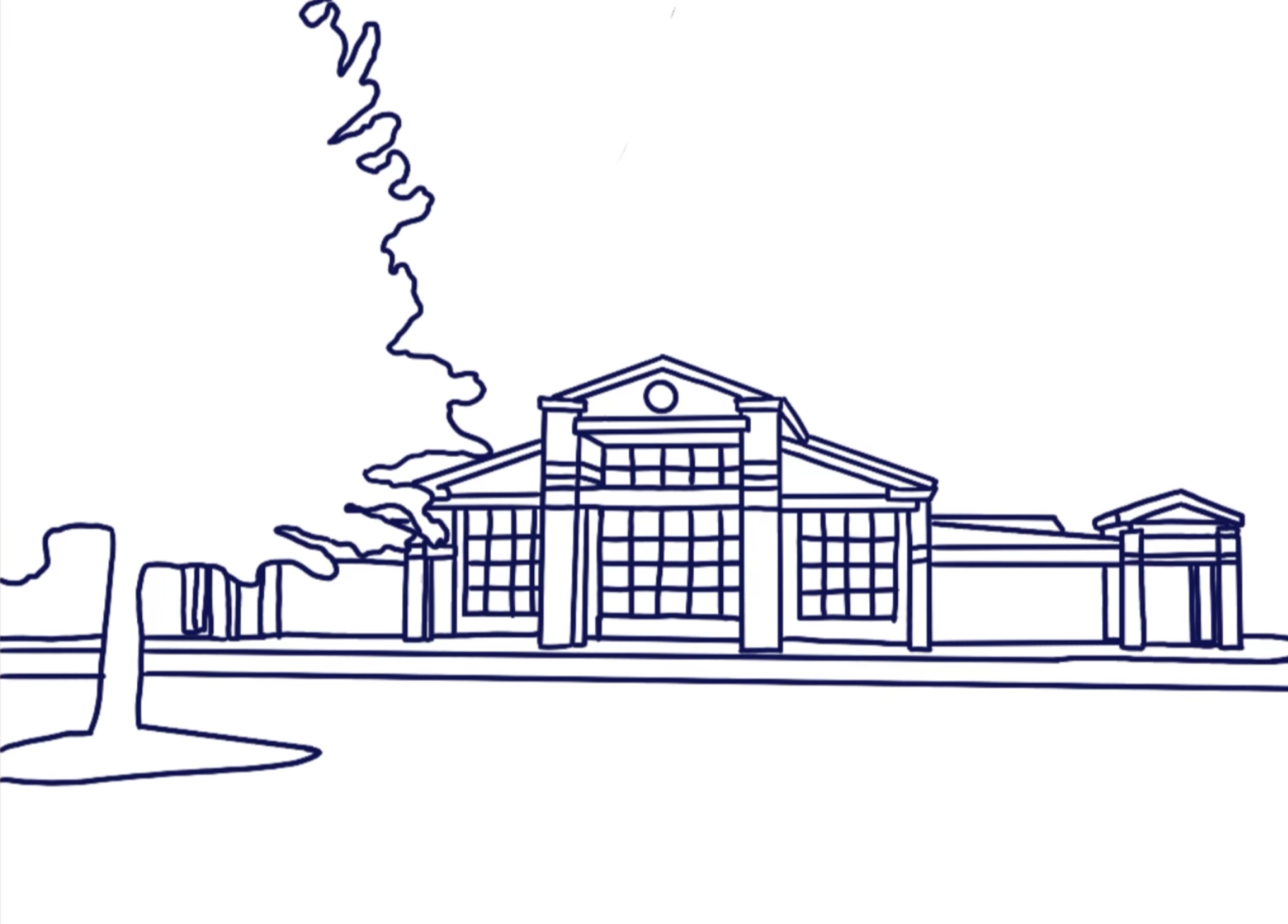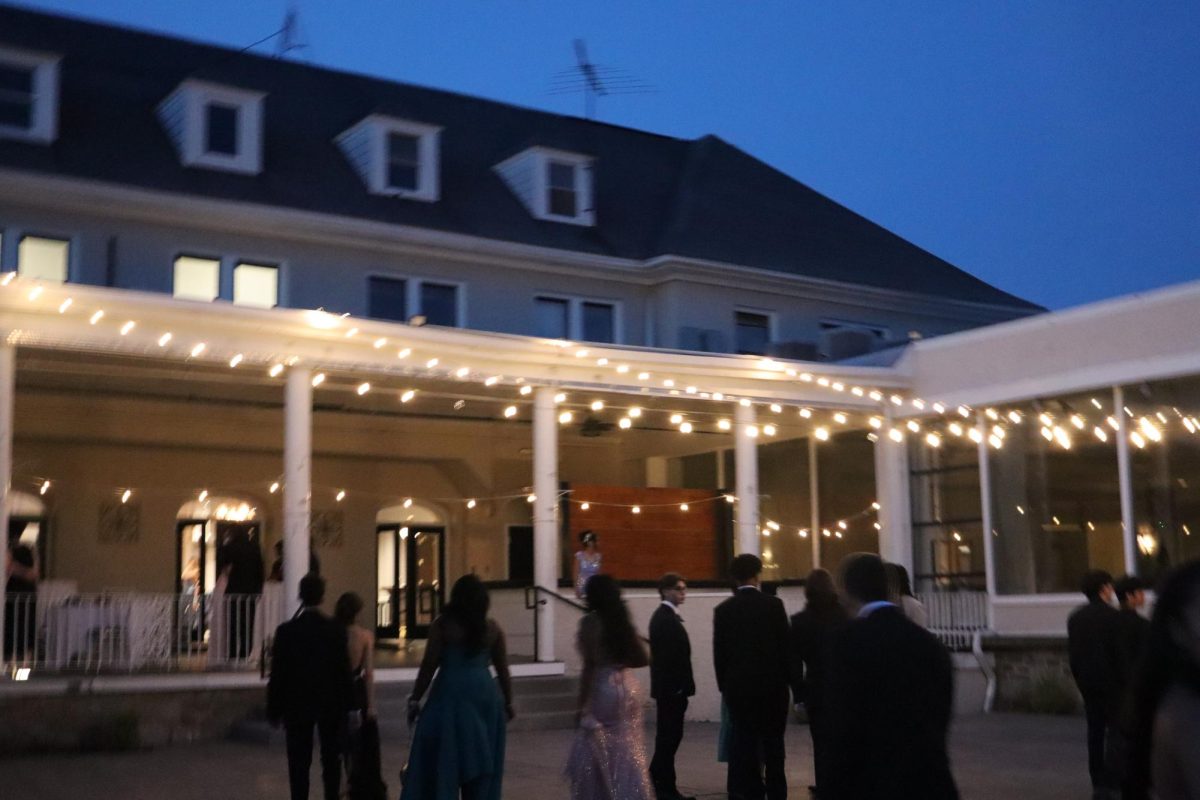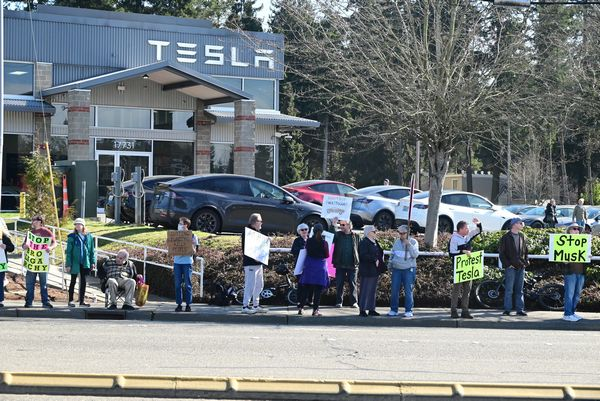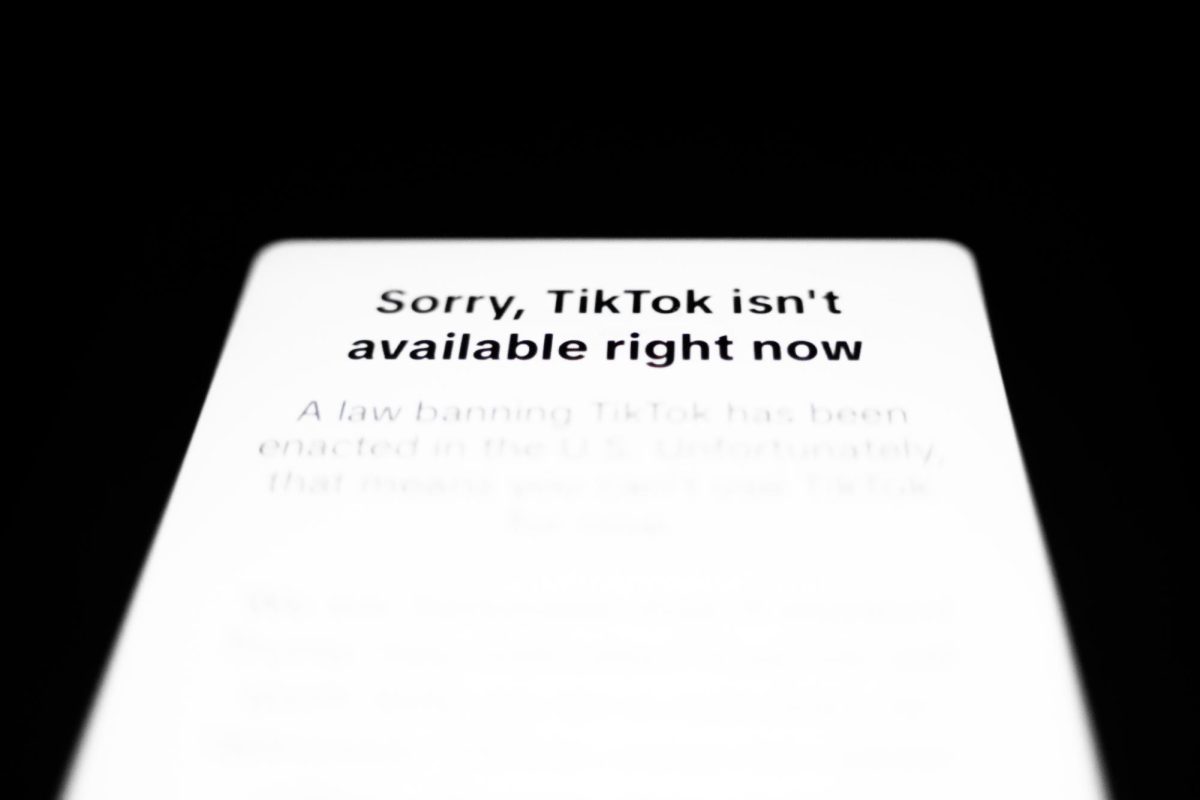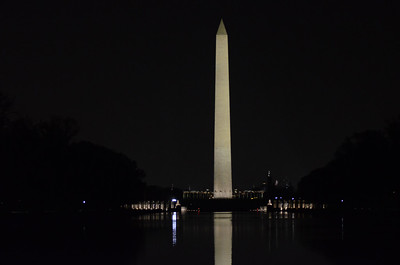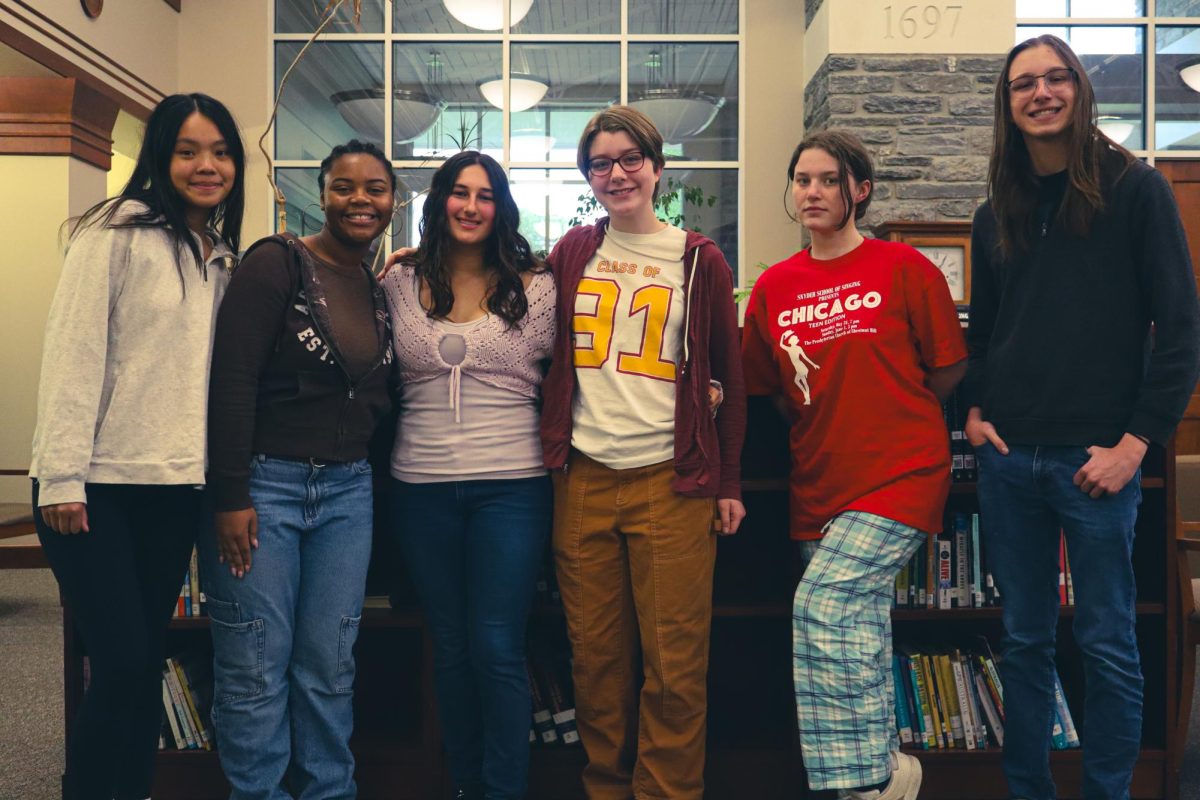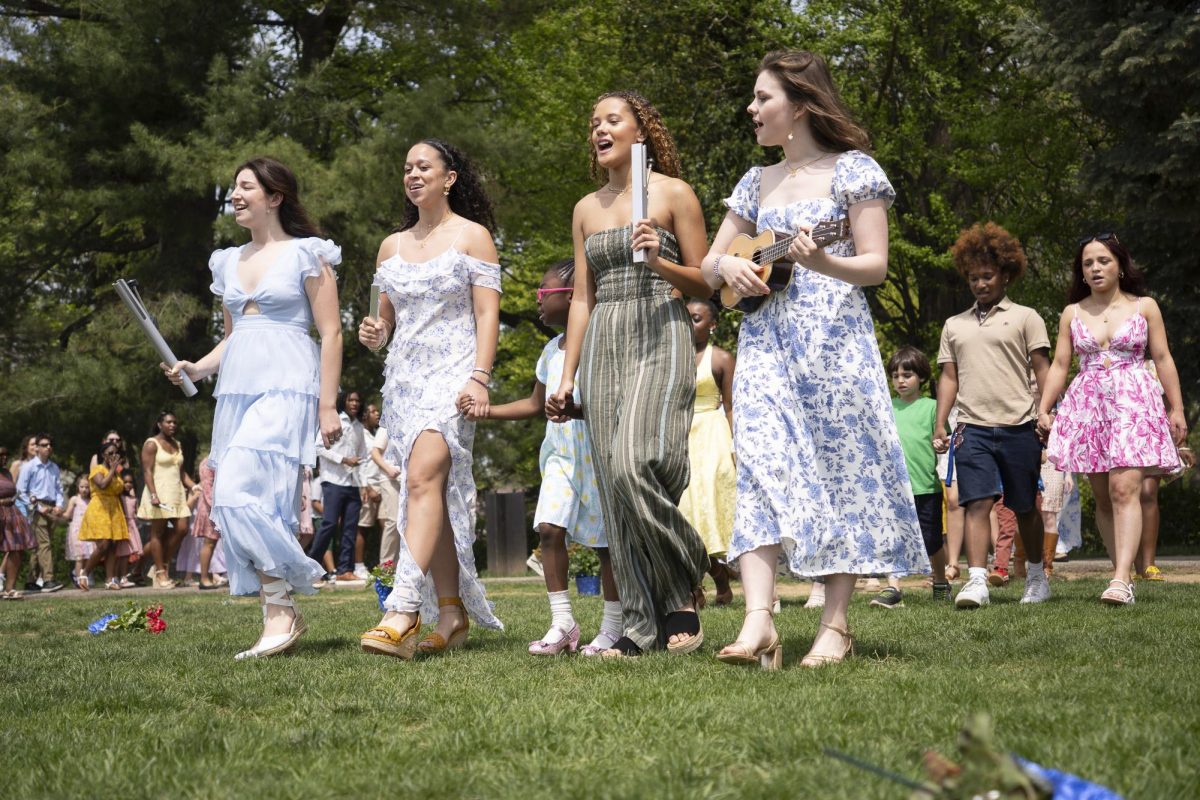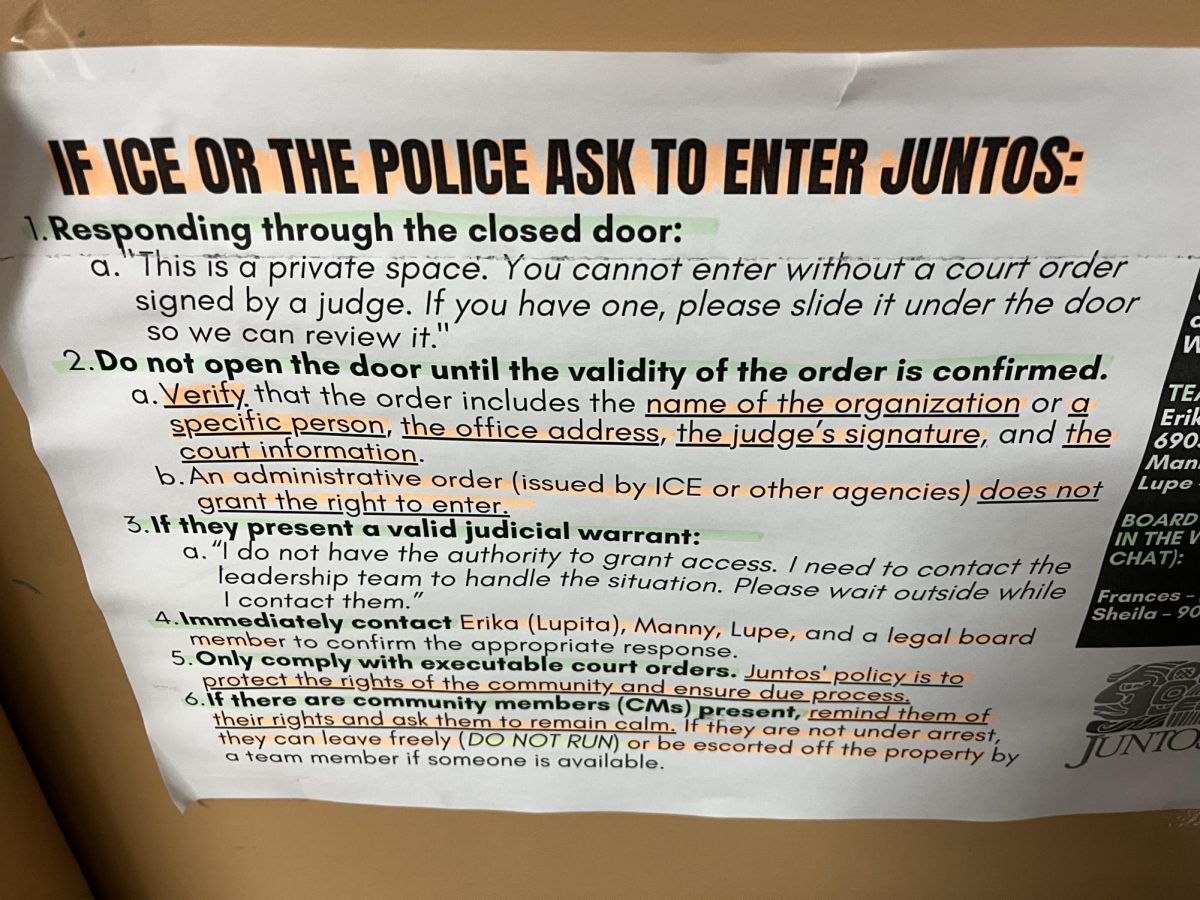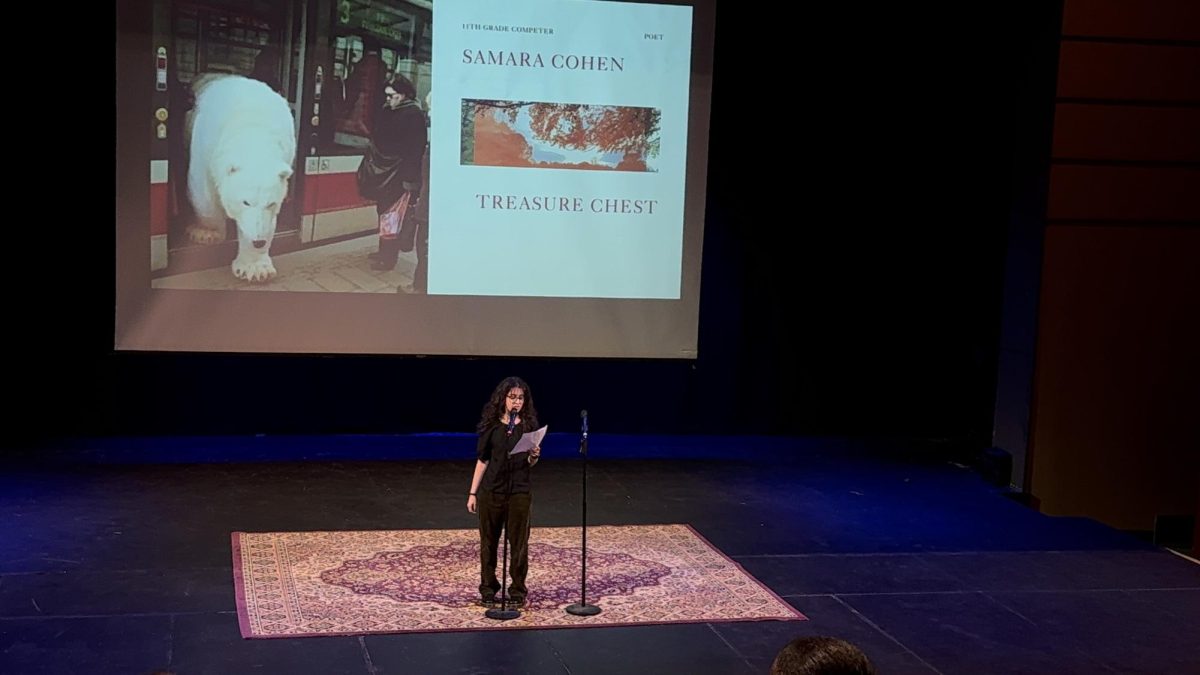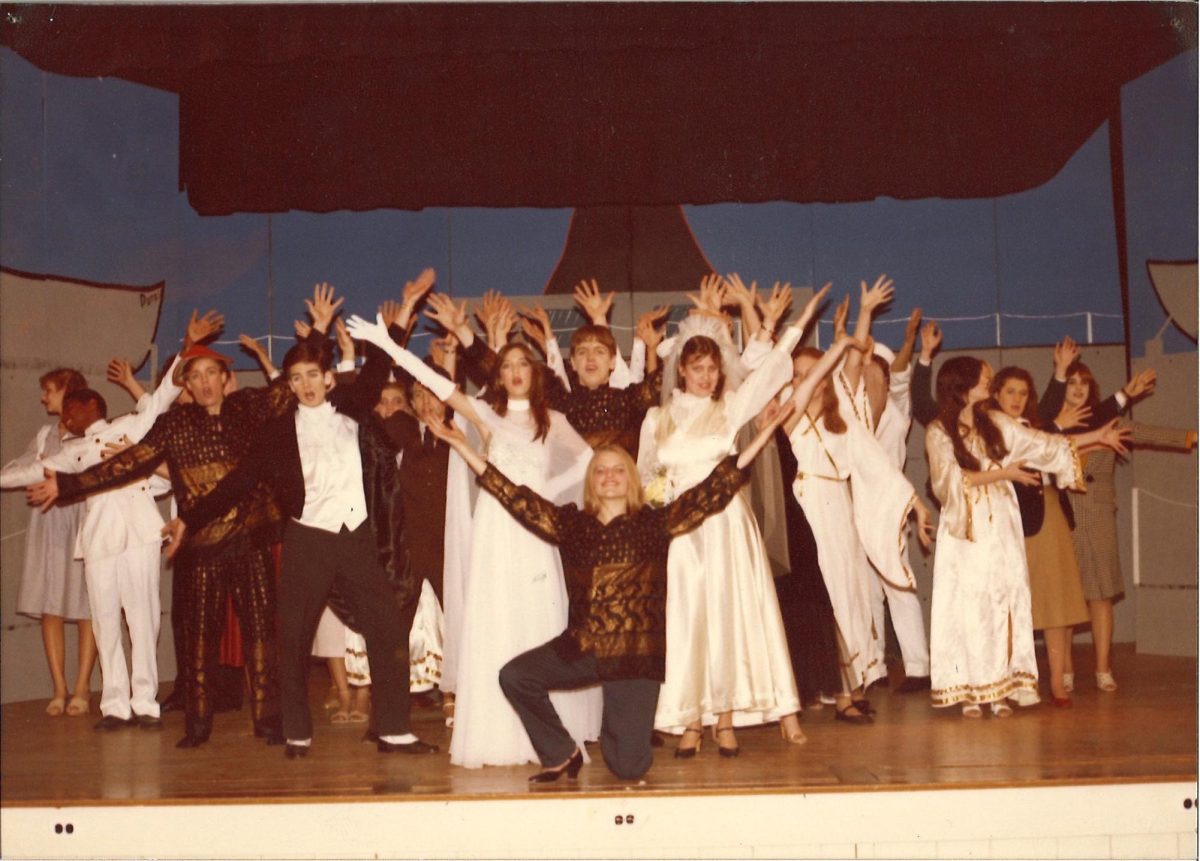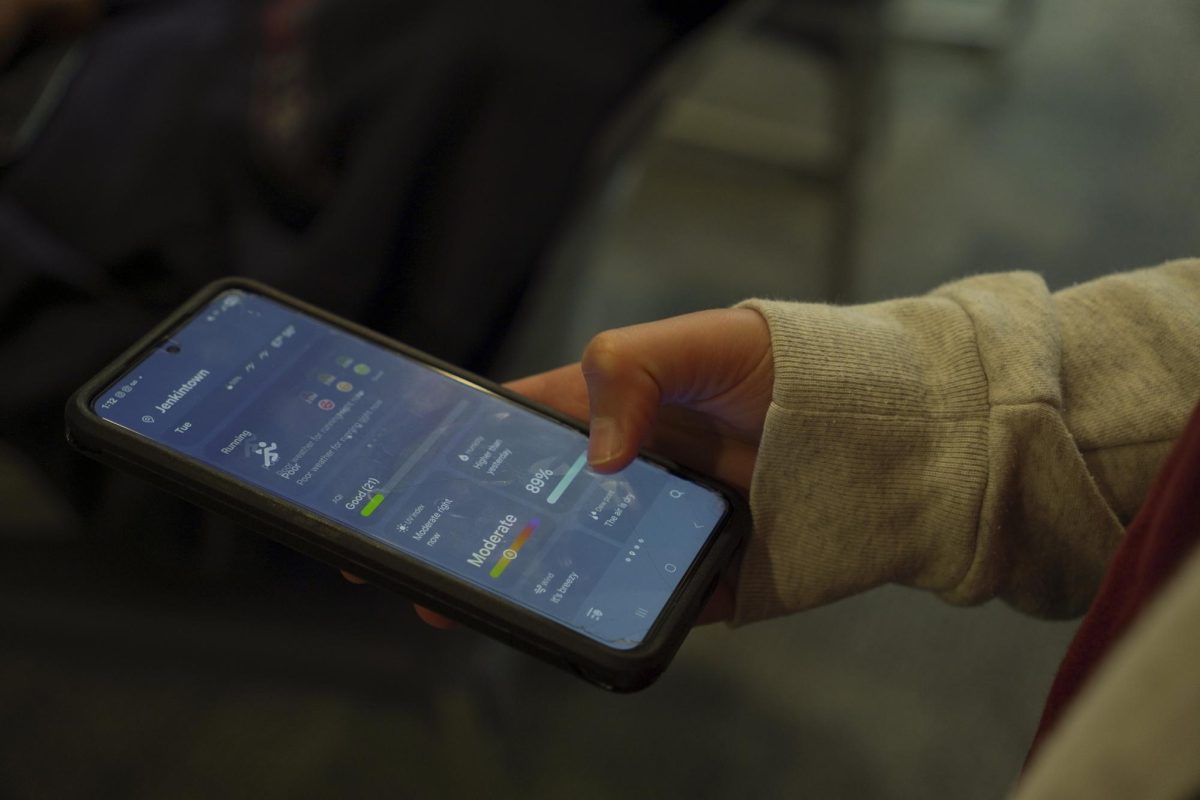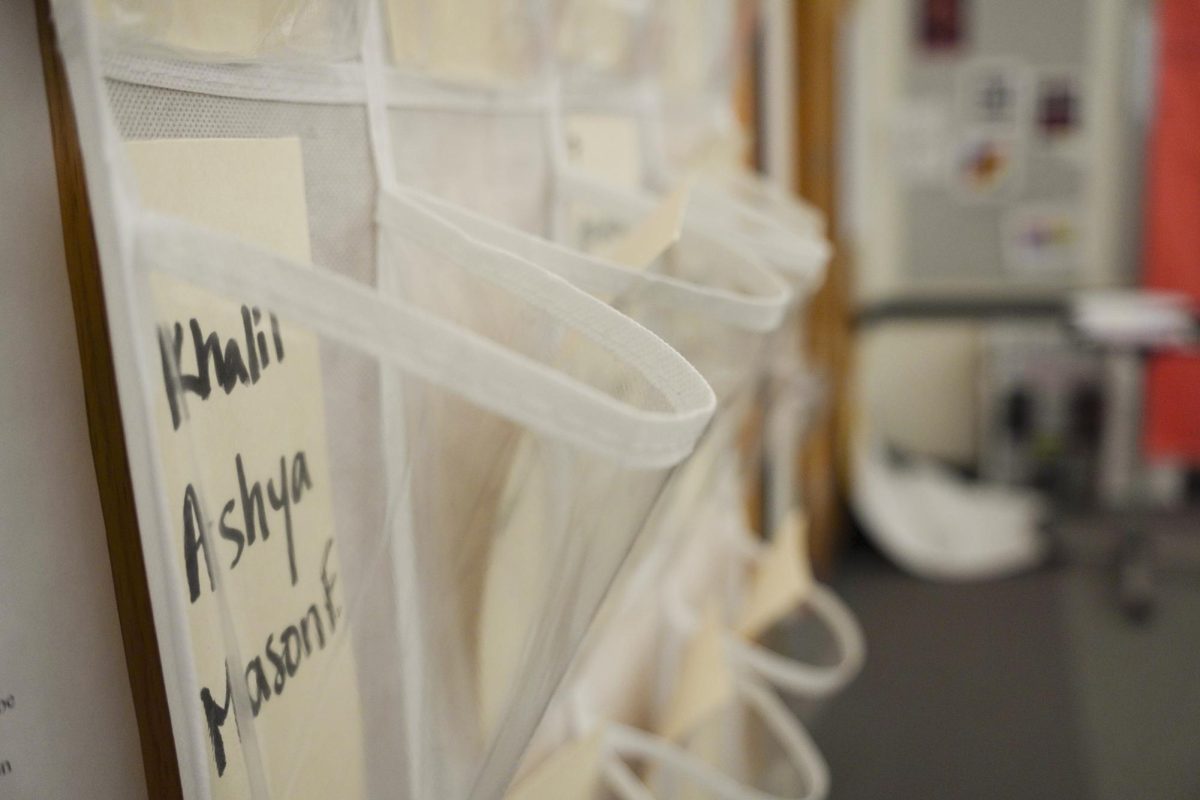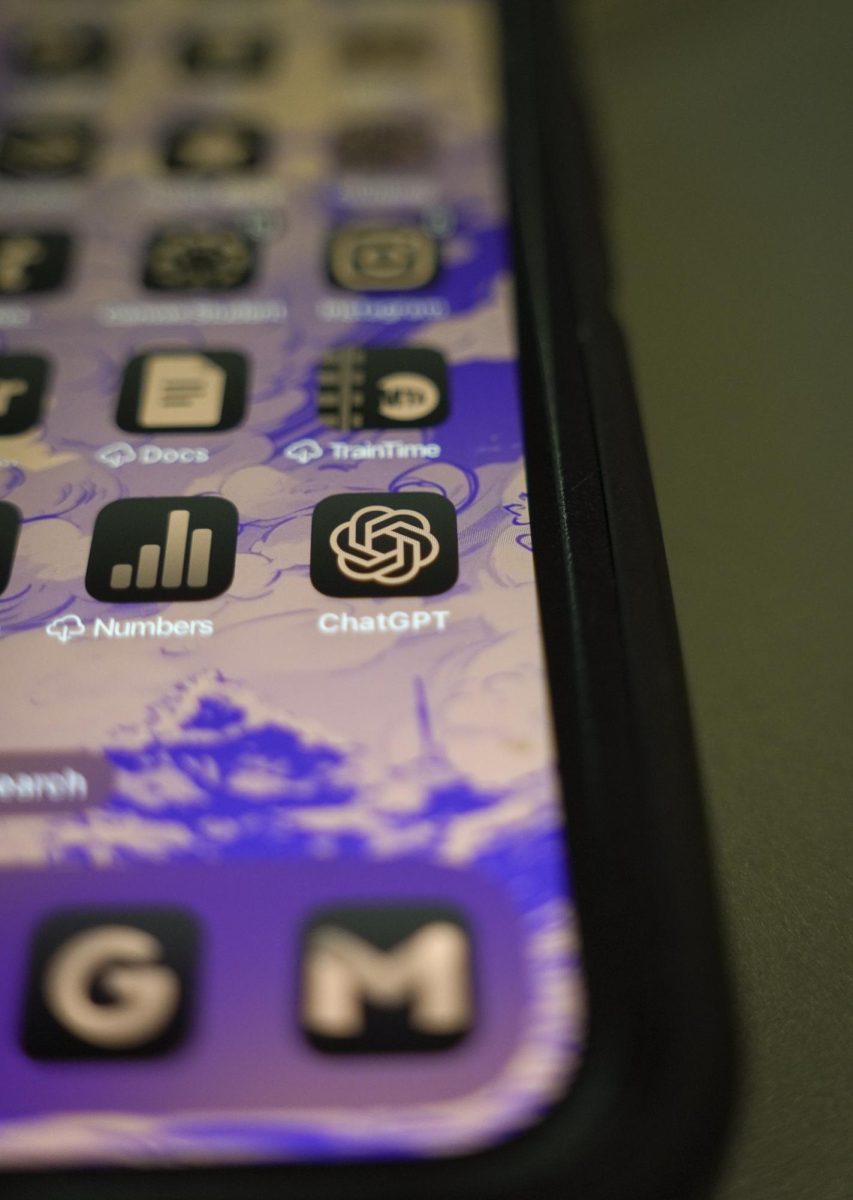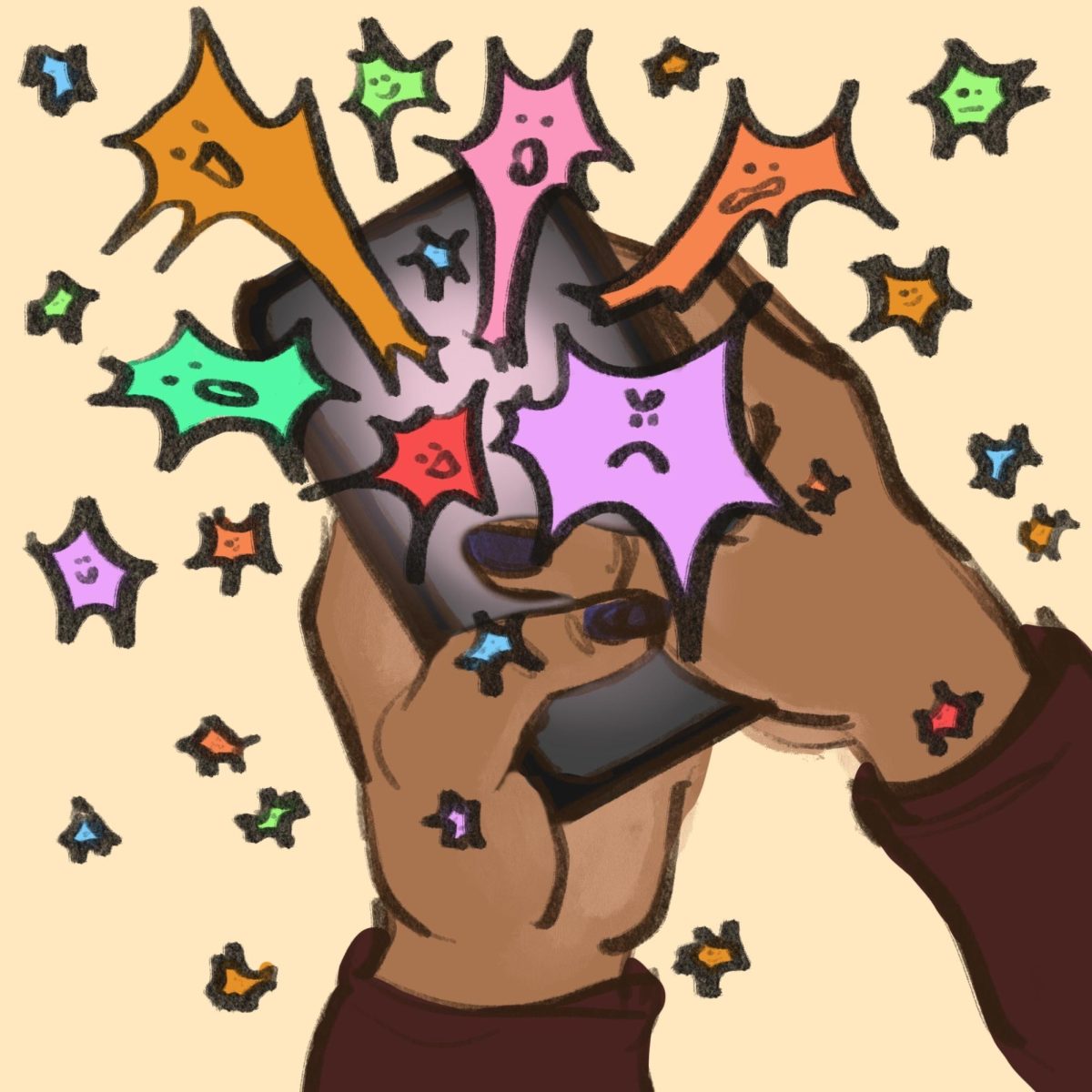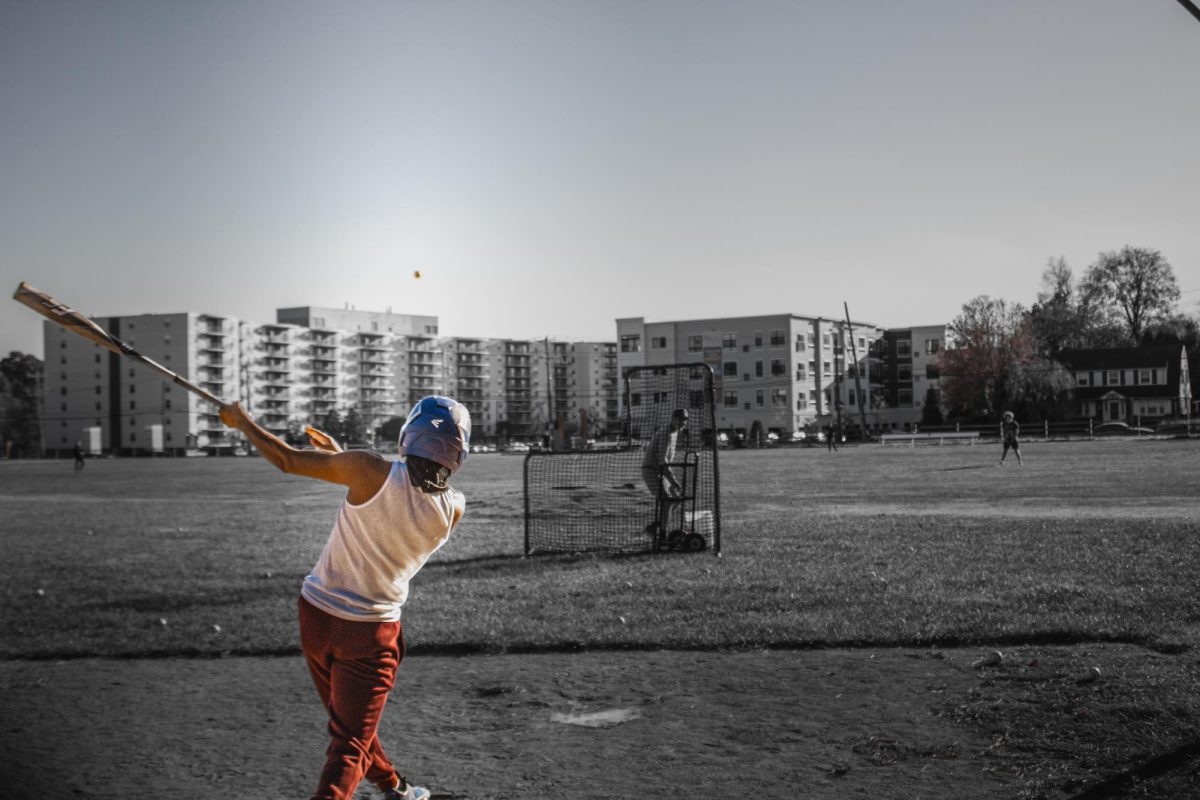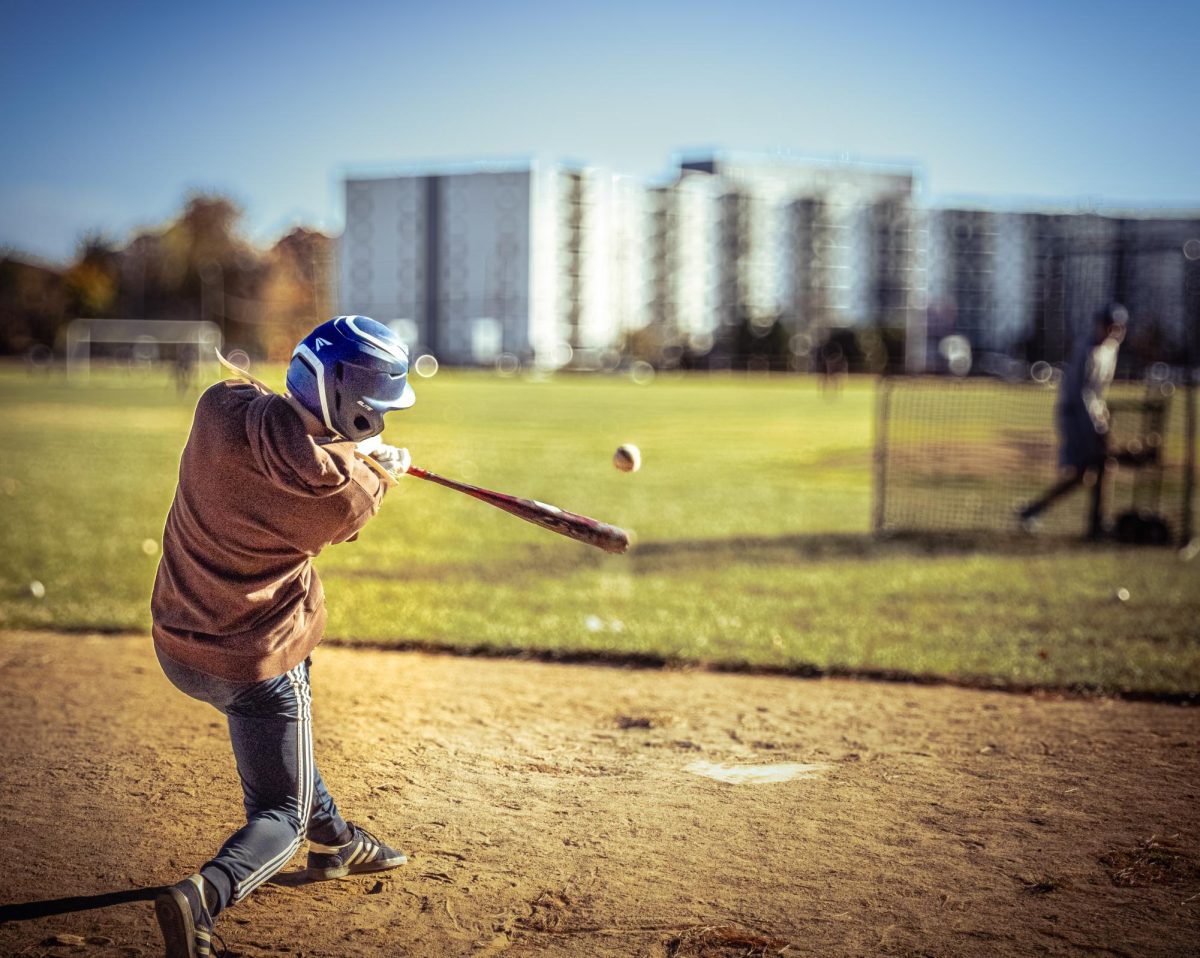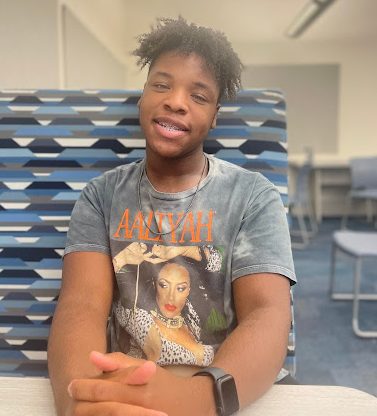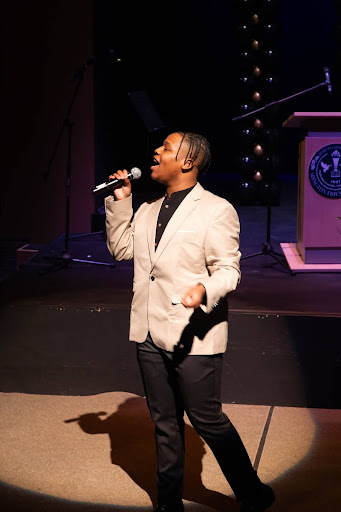
Jeffery Scott ‘25, a consistent member and now co-clerk of the AFS Black Student Union (BSU) has incredible plans and a passion for affinity group work.
As a friend of Scott, I’ve had the pleasure of being able to pick his brain about certain topics. But, with him recently joining my side as a co-clerk of the BSU, we had a sit-down to talk about the importance and status of affinity group spaces in school.
Having been a part of them since his middle school days, Scott’s energy and drive to cultivate a fun and meaningful environment in the sacred space of an affinity group is evident.
I got to further understand his process as not only a participant in the BSU, but as a leader as well, and ask the deeper questions that will impact the future status of affinity spaces in school.
What’s your understanding of “affinity groups”? How would you describe one?
My understanding of affinity groups is that it’s a space where you can come to be with your own community, outside of the fruitful community in the school we already have. People who may have the same experience or culture or historical background as you.
What would you say makes affinity groups so important in school?
AFS is a predominantly white institution (PWI) so having a space to just be with people who understand why you are frustrated and why you are hurt by micro-aggressions or racism, you have time to speak with people who can make you feel better and not alone in those situations. It helps to talk about the frustration that can come from being in a PWI whether it be due to racism or aggressions. Having people from the same background understand why you are so hurt feels more welcoming than trying to be loud and feel heard when sometimes you won’t be heard in certain spaces.
How has your perspective of affinity groups changed as a clerk/leader of one?
Being in this position has changed my perspective. I’m finally in a position where I can put the ideas in my head to fruition. Also I love being a new clerk of BSU, I love it so much. It’s just so nice to feel that I’m in power to help these underclassmen who look up to me. That’s why I’m so excited, so eager to get these things out of the way, because of that.
What roles do faculty play in cultivating effective affinity spaces at school?
Sometimes I feel like faculty needs to understand that we don’t want a teacher there every time. Especially because they can give a perspective that’s older when we’re handling school problems and they might not understand. But, when they pop in to ask a question, it gives us some mindful thinking and a grounded setting.
